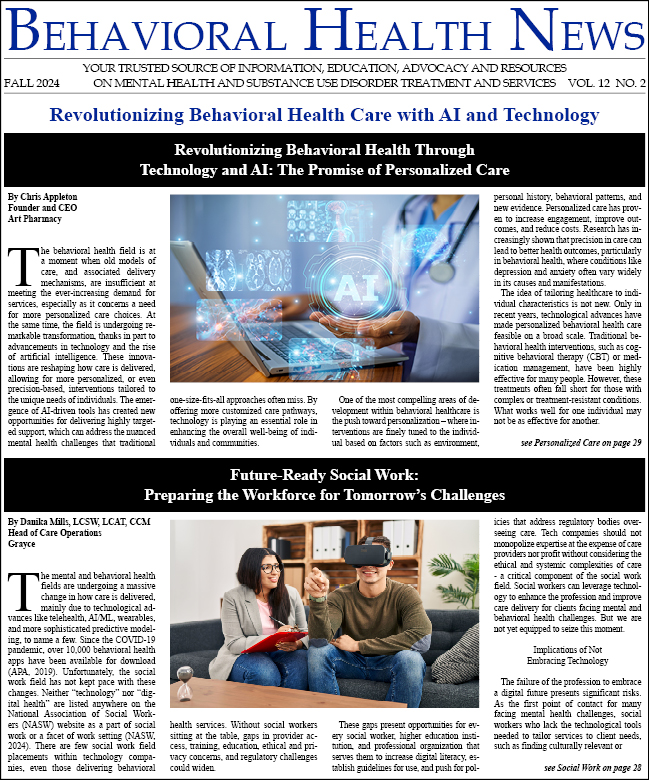Evidence based practice curricula for drug and alcohol prevention education in the United States are designed for high-school and college age individuals. However, it is the philosophy of our program that prevention can be provided, and have an impact, throughout the life span of an individual. It is never too late to improve overall health through prevention education. Drug and alcohol prevention education services can be delivered in a way that makes it accessible to people with intellectual and other developmental disabilities by modifying the materials in a way that maintains the fidelity of the program but better meets the needs of this specialized population.
As they navigate school, work and community engagement, individuals with I/DD may be considered at risk for substance use because of environment, family history, and intellectual disability. The AHRC NYC PEIR (Prevention, Education, Information, Referral) Program is a New York City grant funded program that offers evidence based practice prevention education groups to educate individuals with intellectual and other developmental disabilities, mental health issues and substance use disorders about the nature and breadth of substance use disorders as well as to develop and reinforce coping skills, effective communication, emotion regulation, problem-solving and learning, so that participants can set meaningful goals.
The PEIR program is part of the Family and Clinical Services department at AHRC NYC. Some of the evidence-based practice programs utilized by PEIR include: Too Good for Drugs, Positive Actions, Project towards No Drug Abuse, DARE, Refuse, Remove, Reasons, Class Action, and SPORT. In addition to the programs mentioned above, the PEIR program includes discussion/motivation groups offering psycho-education and support around substance use through adapted AA groups and creative arts therapy modalities such as drama, art and music therapy.
Prevention education seeks to treat the individual within a holistic framework. The concept of human beings as “role takers” and “role players” is taken from role theory in drama therapy as developed by Robert Landy who posits that there is no core self but rather, what is thought of as the self consists of a system of roles that a person is born with, is given, or takes on throughout his or her life span. Health is achieved through attaining a balance within a person’s role system (Landy, 2008). People who receive prevention services learn how to take on different healthy roles and how to better communicate while inhabiting these roles whether as a parent, spouse, student, supervisor or employee. Helping individuals to learn how to manage all of the roles he or she inhabits while making healthy choices is a goal of prevention.
The curricula sometimes needs to be adapted to meet the needs of individuals with intellectual and other developmental disabilities, mental health issues, and substance use disorders. Some minor modifications might include repeating concepts taught in a lesson or breaking a lesson meant for one session into two sessions so that the information is easier to process these individuals. These adaptations are taken from a book called “More Than Accommodation: Overcoming Barriers to Effective Treatment of Persons with Both Cognitive Disabilities and Chemical Dependency” (Annand, 2002).
In addition, the PEIR program also offers community and professional education seminars. Community education seminars raise awareness within the community of persons with intellectual or other developmental disabilities and mental health issues and their caregivers or significant others about the intoxicating, toxic, and addictive properties of alcohol and other drugs. Professional education seminars raise awareness in the substance use disorders treatment community and the I/DD community about the incidence and prevalence of addictions in these populations and offer treatment providers effective strategies and modifications for working with the substance user who is intellectually or developmentally disabled and has a mental health issue.
The PEIR program is one example of a drug and alcohol prevention program that is tailored to meet the needs of a specialized population consisting of individuals with intellectual and other developmental disabilities, mental health issues and substance use disorders living in New York City. Other programs might wish to expand their scope of services to provide prevention education to populations that may otherwise be underserved.
Additional information about this program or ideas for adapting curricula to meet the needs of this population can be accessed by emailing Jason Conover at Jason.conover@ahrcnyc.org.
References
Annand, Jerry, M.A. (2002). More Than Accommodation: Overcoming Barriers to Effective Treatment of Persons with Both Cognitive Disabilities and Chemical Dependency. Nightwind Publishing, Beaverton, OR.
Landy, Robert J. (2008).The couch and the stage: Integrating words and action in psychotherapy. Aronson: Lanham, Maryland.



